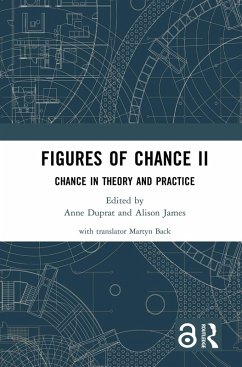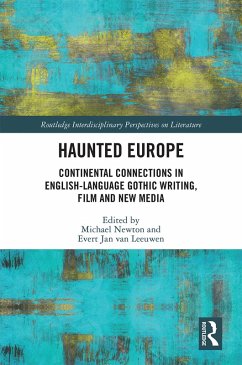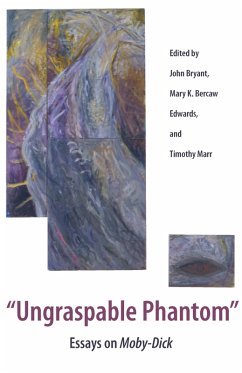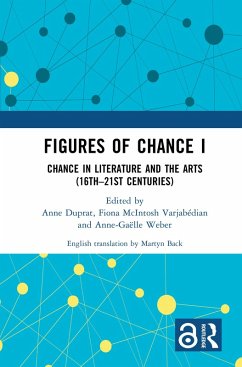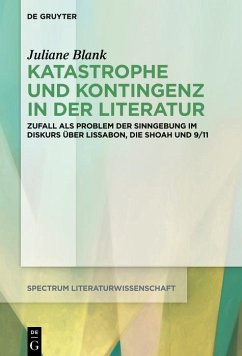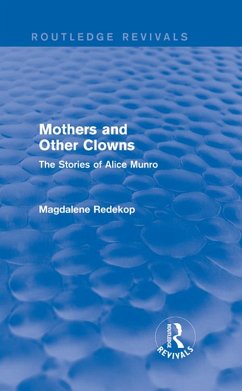
Phantom of Chance (eBook, PDF)
From Fortune to Randomness in Seventeenth-Century French Literature

PAYBACK Punkte
0 °P sammeln!
How the classical and medieval conceptions of Fortune shifted to the modern notion of chance.Is chance nothing more than a projection of human desire on to the world?In this fascinating new study, John Lyons argues that the idea of chance assumed new vigour in the late Renaissance, when converging philosophical and literary currents demystified the powerful concept of Fortune, sensitizing writers to the relationship between human desire and the world's apparent randomness.Up to now, the story of chance has been written by historians of mathematical thought and has focused on calculation, proba...
How the classical and medieval conceptions of Fortune shifted to the modern notion of chance.Is chance nothing more than a projection of human desire on to the world?In this fascinating new study, John Lyons argues that the idea of chance assumed new vigour in the late Renaissance, when converging philosophical and literary currents demystified the powerful concept of Fortune, sensitizing writers to the relationship between human desire and the world's apparent randomness.Up to now, the story of chance has been written by historians of mathematical thought and has focused on calculation, probability and gambling. Lyons, by contrast, highlights the ethical, aesthetic and even erotic aspects of chance. He offers detailed readings of the works of major French authors - Montaigne, Corneille, Lafayette, Scudéry, Pascal, Racine, Bossuet, and La Bruyère.Key Features. Renews our understanding of romance, tragedy, comedy & religious polemic in the light of the changed conceptions of the fortuitous . Shows how the emergence of suspense and subjective interest are linked to the shift from Fortune to randomness. Proposes a new view on how religious writers, faced with the sceptical challenge of late Renaissance thought, integrated chance into the post-Reformation mainstream of Catholic teachingsKeywords: Chance, Fortune, Randomness, Probability, French Early Modern Literature, post-Reformation, Genre, Romance, Prose, Montaigne, Corneille, Molière, Lafayette, Scudéry, Pascal, Racine, Bossuet, La Bruyère
Dieser Download kann aus rechtlichen Gründen nur mit Rechnungsadresse in A, B, BG, CY, CZ, D, DK, EW, E, FIN, F, GR, HR, H, IRL, I, LT, L, LR, M, NL, PL, P, R, S, SLO, SK ausgeliefert werden.




